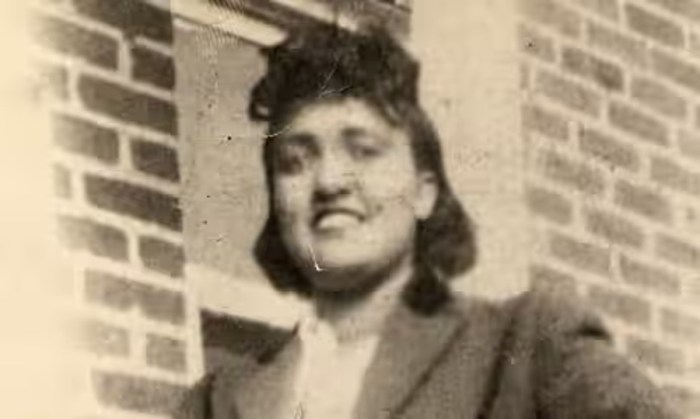The immortal life of henrietta lacks discussion questions – The Immortal Life of Henrietta Lacks: Discussion Questions for Ethical Explorations delves into the captivating story of Henrietta Lacks, whose cells have played a pivotal role in medical research. This Artikel presents a comprehensive framework for discussing the ethical implications, social impact, and ongoing significance of her legacy.
Henrietta Lacks’ life and the discovery of the HeLa cell line raise fundamental questions about consent, ownership, and the boundaries of medical research. Through this discussion, we can explore the complexities of informed consent, the role of race and class in healthcare, and the importance of ethical considerations in scientific advancements.
Henrietta Lacks’ Life and Legacy

Henrietta Lacks was an African American woman whose cervical cancer cells were taken without her consent in 1951 and used to create the HeLa cell line, one of the most important tools in medical research. Her story raises ethical questions about the use of human tissue in research and the importance of informed consent.
Ethical Implications of Using HeLa Cells Without Consent, The immortal life of henrietta lacks discussion questions
- Henrietta Lacks was not informed about the use of her cells or the potential benefits they could provide.
- The use of her cells without her consent has raised questions about the rights of patients and the need for informed consent in medical research.
- The HeLa cell line has been used to develop vaccines, treatments, and cures for various diseases, but Henrietta Lacks’ family has not benefited financially from its use.
Impact of Henrietta Lacks’ Story on Bioethics
- Henrietta Lacks’ story has led to increased awareness of the ethical issues surrounding the use of human tissue in research.
- It has sparked a debate about the importance of informed consent and the rights of patients to control their own bodies.
- Her story has also raised questions about the role of race and class in medical research and the exploitation of marginalized communities.
The HeLa Cell Line

The HeLa cell line is a continuous cell line that was derived from Henrietta Lacks’ cervical cancer cells in 1951. It is one of the most widely used cell lines in medical research and has been used to develop vaccines, treatments, and cures for various diseases.
Discovery and Characteristics of the HeLa Cell Line
- The HeLa cell line was discovered by George Gey, a cancer researcher at Johns Hopkins University.
- The cells are characterized by their ability to grow and divide indefinitely in culture.
- They are also resistant to many viruses and toxins, making them ideal for use in research.
Scientific Advancements Made Possible by the Use of HeLa Cells
- The HeLa cell line has been used to develop vaccines for polio, measles, mumps, rubella, and chickenpox.
- It has also been used to develop treatments for cancer, AIDS, and other diseases.
- The HeLa cell line has been essential for the development of new drugs and therapies.
Ongoing Debate over the Ownership and Control of the HeLa Cell Line
- There is an ongoing debate over the ownership and control of the HeLa cell line.
- Henrietta Lacks’ family has argued that they should have some control over the use of her cells and benefit from the profits generated from their use.
- The National Institutes of Health (NIH) has argued that the HeLa cell line is a public resource and should be available to all researchers.
FAQ: The Immortal Life Of Henrietta Lacks Discussion Questions
What are the key ethical concerns surrounding the use of Henrietta Lacks’ cells?
The primary ethical concerns include the lack of informed consent from Henrietta Lacks, the potential for exploitation of marginalized communities, and the ongoing debate over the ownership and control of the HeLa cell line.
How has Henrietta Lacks’ story impacted the field of bioethics?
Her story has raised awareness about the importance of informed consent, the need for equitable access to healthcare, and the ethical responsibilities of researchers in using human tissue for medical research.
What are some of the scientific advancements that have been made possible by the use of HeLa cells?
HeLa cells have played a crucial role in the development of vaccines for polio, measles, and cervical cancer, as well as in the study of cancer, genetics, and HIV/AIDS.

